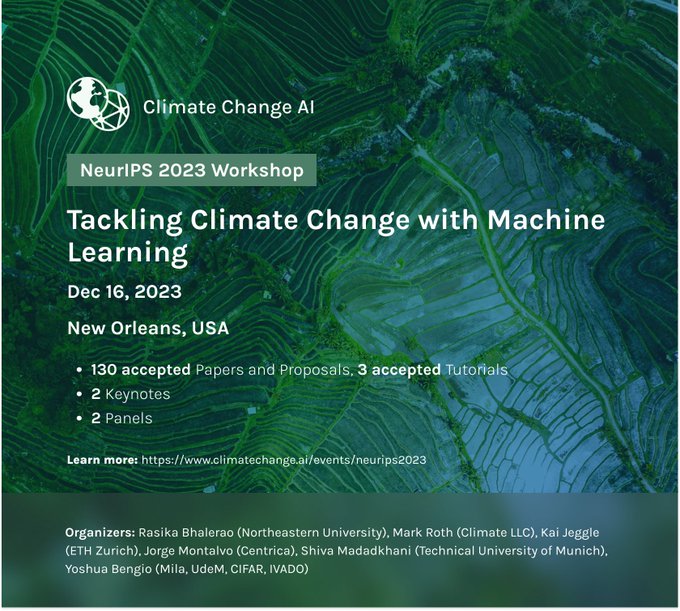Breeding Programs Optimization with Reinforcement Learning
Abstract
Crop breeding is crucial in improving agricultural productivity while potentially decreasing land usage, greenhouse gas emissions, and water consumption. However, breeding programs are challenging due to long turnover times, high-dimensional decision spaces, long-term objectives, and the need to adapt to rapid climate change. This paper introduces the use of Reinforcement Learning (RL) to optimize simu- lated crop breeding programs. RL agents are trained to make optimal crop selection and cross-breeding decisions based on genetic information. To benchmark RL- based breeding algorithms, we introduce a suite of Gym environments. The study demonstrates the superiority of RL techniques over standard practices in terms of genetic gain when simulated in silico using real-world genomic maize data.
Download full text in pdf format
 Published as:
Published as:
O.G. Younis,
L. Corinzia,
I. N. Athanasiadis,
A. Krause,
J. M. Buhmann,
M. Turchetta,
Breeding Programs Optimization with Reinforcement Learning,
NeurIPS 2023 Workshop on Tackling Climate Change with Machine Learning,
2023, doi:10.48550/arXiv.2406.03932.
You might also enjoy (View all publications)
- CY-Bench: A comprehensive benchmark dataset for sub-national crop yield forecasting
- Hybrid phenology modeling for predicting temperature effects on tree dormancy
- To measure or not: A cost-sensitive, selective measuring environment for agricultural management decisions with reinforcement learning
